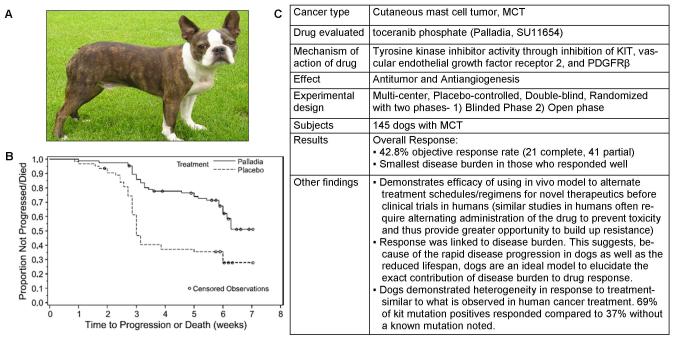Fig. 2. An example of the clinical relevance of dogs for cancer treatments.
Canines are increasingly being used in clinical cancer drug trials to determine the efficacy of treatment given how closely many of the cancer they develop recapitulate the human cancer. (A) A picture of a Boston terrier, a breed predisposed to the development of Mast cell tumors. (B) London et al. conducted a clinical trial of an oral receptor tyrosine kinase inhibitor, Palladia on dogs with recurrent mast cell tumors. Shown here is a Kaplan-Meier survival analysis demonstrating time to tumor progression in placebo-treated and Palladia-treated dogs with Mast Cell Tumors [75]. (C) A breakdown of the clinical trial of Palladia, including the demonstrated advantages of dogs as models of pharmacologic cancer intervention. Reproduced with Permission, from [75].

